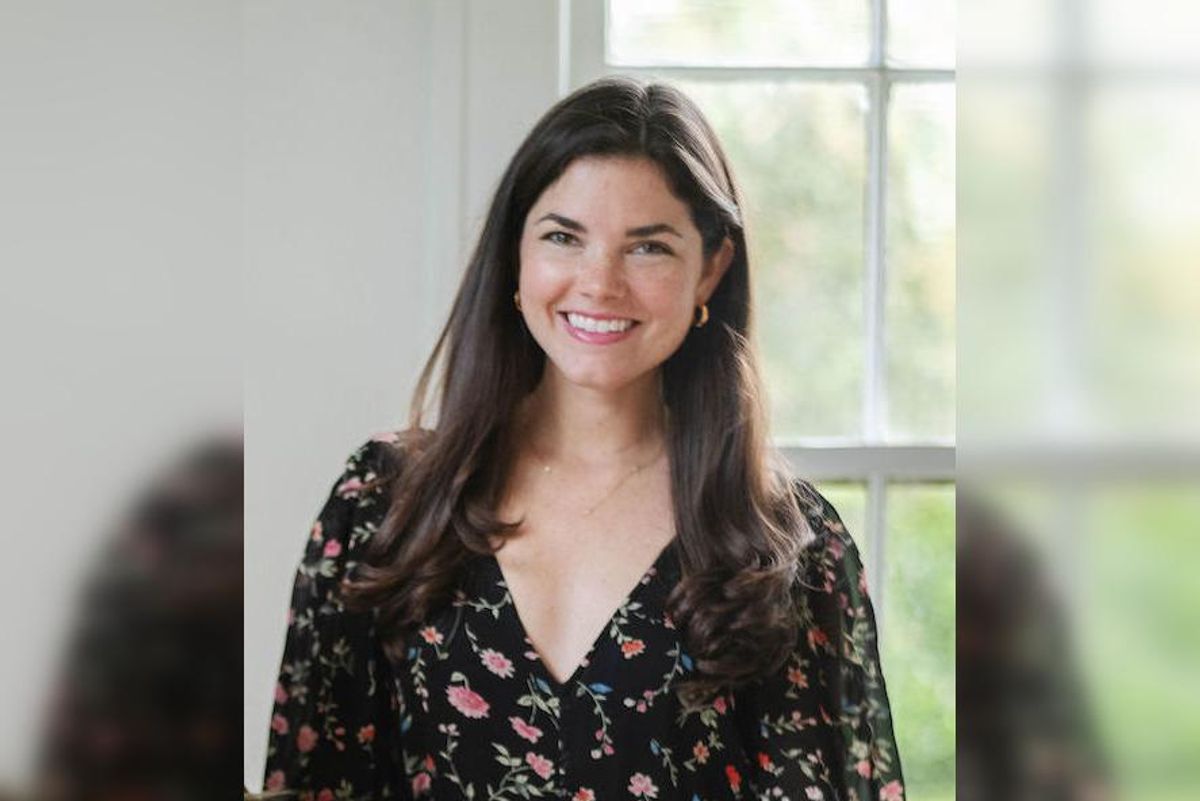Venture capital firms across the board have a goal of driving a return on their investments, but getting a good ROI and factoring in diversity and inclusion into the equation are not mutually exclusive.
In fact, on a panel at the HX Venture Fund's recent conference, Venture Houston, two investors focused on diversity and inclusion made the point that diversity is a key ingredient to successful investing. The panel, hosted by Michael Lipe, managing director at Insperity, consisted of Stephanie Campbell of The Artemis Fund and the Houston Angel Network and Heath Butler of Urban Capital Network and Mercury Fund.
"If you don't believe that diversity outperforms or that having diverse perspectives coming to the table helps your business outperform, then you probably have not been exposed to diverse thought," Campbell says on the panel.
And, as she continues, the proof is in the data "that diversity does outperform and can be a real force multiplier for your portfolio."
"In terms of returns, the Kauffman Fellows found that women-led teams generate 35 percent higher returns on investment than all-male-led teams," Campbell sites. "Pitchbook and All Raise found that women-led teams exit faster and at higher multiples than their all-male counterparts."
Butler recognizes that there's an emotional side of the discussion of diversity and inclusion — especially in this day and age — and that's nothing to disregard. But, he says, building onto that, VC is about discovering new opportunities — it's what VC funds' limited partners are expecting.
"From a more tangible perspective, we are in the business of finding untapped markets and opportunities to invest in and I believe our LPs expect us to leave no stone unturned," he says. "Ultimately you have to recognize that the hockey puck is moving in a direction where your LPs will require you to be looking under every stone to deliver a superior return."
Butler gives Mercury Fund as an example. At its founding, the team saw the middle of America as an untapped opportunity. The challenge is that investors tend to gravitate to ideas and people they know.
"So much of investing in early-stage innovation is intuitive, and investors will usually invest in what they know and resonates with them," Butler says. "But we have to recognize that there's a natural inefficiency in trying to relate intuitively to someone who's different from you."
The key is creating a team and mission with a clear intent and focus on measuring the impact. This goes down to hiring the right people with in your VC team as well as setting up a culture for diversity to succeed.
"If two hiring managers with similar needs," Butler says, "and one has a naturally inclusive mindset and the other feels pressure to meet a diversity quota — in the long run, which team will truly leverage and profit from a diverse perspective?"
Campbell says now is the time to invest in diversity — especially in Houston. During the pandemic, overall seed funding went up but funding for female founders reached a three-year low. Houston has a population doesn't have a racial majority — and that's what the entire country will look like in 2055, Campbell says.
"The opportunity we have in Houston to capitalize on diverse talent can really be a great opportunity to show the nation what can be done with that diverse talent pool," she says.
Houston also has an opportunity to support and invest in women or people of color who have been overlooked but have innovative solutions for society's most urgent problems.
"The more that we invest in diverse perspectives and diverse founders the more solutions, products, and services are going to come into the market for a broader populations and empower those economies to solve some of our deepest problems," Campbell says.
Both experts end on a call to action for their fellow investors: take inventory of the impact you have now and make intentional moves toward inclusion and equity — otherwise you're leaving money and talent on the table.
"If you don't have a diverse team, you don't have a diverse perspective, which means you have an incomplete perspective," Butler says. "You're missing out on opportunity to connect with people, purchasing power, and ultimately profits."







